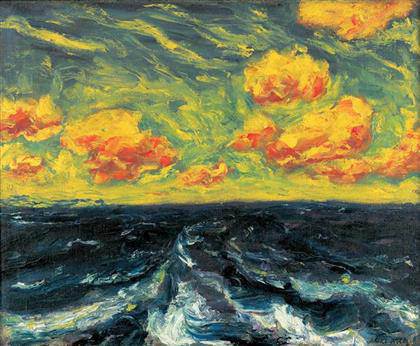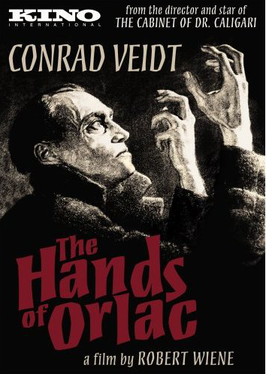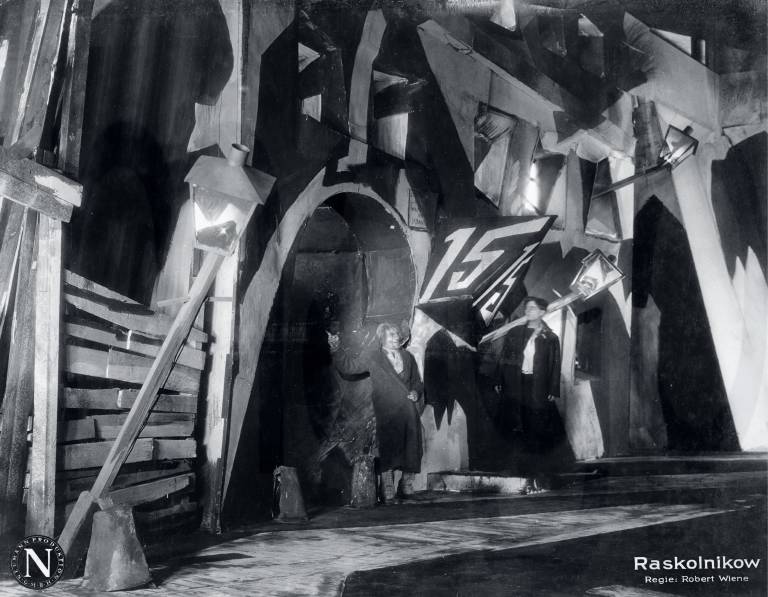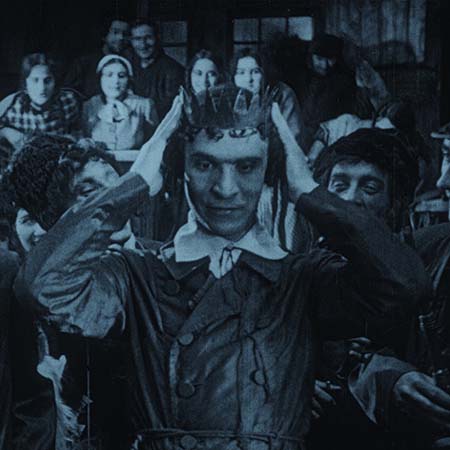









The UFA (Universum-Film Aktiengesellschaft) is a film and television production company that unites all production activities of ‘Bertelsmann’, one of the world’s largest media conglomerates.
The original UFA was established in 1917, as a response to the foreign competition in film and propaganda, and was founded by Emil Georg von Stauß. Its purpose was to promote German culture and to enhance Germany’s international image in the years after World War I, but due to a financial collapse in the film industry, the UFA was heading into bankruptcy.

However, in 1927, Alfred Hugenberg, an influential German media entrepreneur and member of Hitler’s cabinet, purchased the UFA, and when the Nazis came into power, films became propaganda for the general public. This process was called Nazification – the process of placing something under Nazi control or influence. If not for promoting Nazi propaganda, the UFA would have gone out of business.
1918-1930
1927-1933
1933-1937
1942-1945
source (https://en.wikipedia.org/wiki/UFA_GmbH)
Expressionism art focused more on emotions and feelings instead of what the subject actually looked like. Some characteristics of expressionism are “jagged, distorted lines; rough, rapid brushwork; and jarring colours.” https://www.britannica.com/art/Expressionism



“in 1920s Germany helped give rise to a new genre of cinema called expressionism” Weimar cinema alpha history
in the Weimar period German cinema began to be more expressionistic with exaggerated sets and exaggerated makeup, the films in this period relied on symbolism and imagery to get their point across.
(main man) -joe
-dark under eyes (makeup eyeshadow to hollow out eyes )
-pale white face (for a death look)
dark dried lips (black lipstick on inside of mouth )
black, dark hair/ slicked back
sharp facial structures (to give hollow look)
maybe wrinkles
black eye pencil
still dark above eyes but less extreme
maybe wrinkles in the makeup




the main woman
-small lips with cupid bow (to make lips look small and dainty shiny so lip gloss instead of matt)
-dark above eyes (instead of undereyes )
thin pencil eyebrows (glued over natural eyebrows drawn thin and like a line no harsh arches)
white eye pencil (in eyeline to give innocent and soft look)
soft face (no harsh lines or shadows contour would be soft )
long fake eyelashes (thin and dainty)
long hair? maybe tied back with hair infront (dark hair)
exaggerated eyeliner but soft and doe eyed


End of WW1 : 1918
After the war the Allies joined to together and formed a treaty as a way to punish Germany, The Treaty of Versailles. Germany was forced to sign the treaty that established peace between all the nations and take responsibility for the war. Germany was crippled financially, socially, and had a reduced militia. This eventually lead to the economic crisis in 1923.
During the years after the war UFA aimed to publicise German culture and improve the public image of Germany which had been stained after the war. German expressionism was completely banned in some countries which limited their ability to reach international audience. The depression that followed during their economic crises was manifested into their films and media – Despair, twisted, distorted
Films released: 1923 Germany

